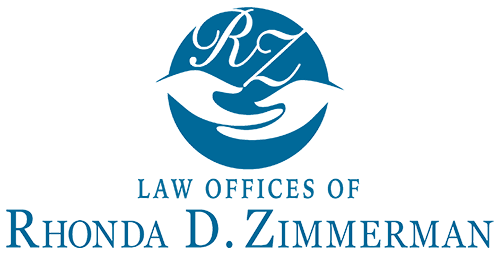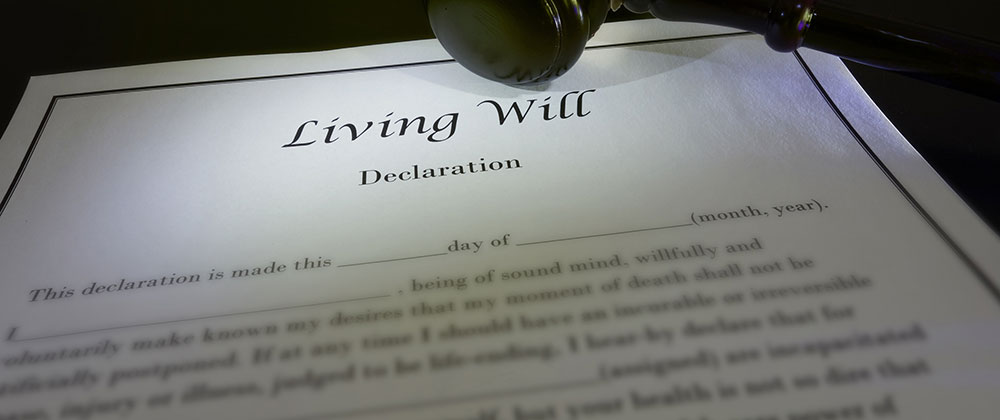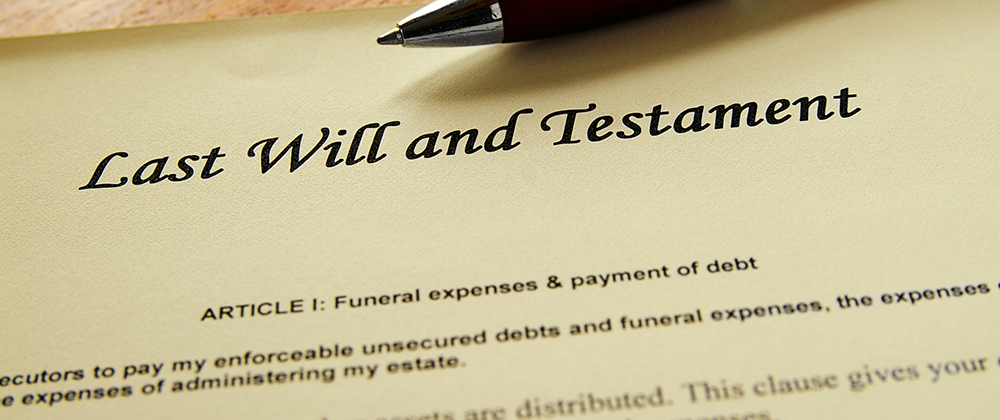Today, an increasing number of transactions are completed online. While many industries have embraced digital technology, estate planning has not fully done so. However, there are signs that estate planning might also be moving to the digital realm. Electronic wills have become more popular, and the coronavirus pandemic has accelerated that change. At the Law Offices of Rhonda D. Zimmerman, Esq., a Fort Lauderdale elder law attorney can help you with your estate planning needs, including drafting electronic wills that will withstand potential challenges.
What is an Electronic Will?
Electronic wills are legal documents that instruct people how the testators’ assets should be distributed after they die. These documents are created electronically and use digital signatures. Recently, the Electronic Wills Act was adopted by the Uniform Law Commission. This body drafts model legislation for states. The Electronic Wills Act gives states a framework for establishing electronic wills. Each state chooses how many witnesses will be needed and whether a notary will be required. The states can also decide whether the signatures can be witnessed and notarized remotely or whether they must be witnessed in-person. Under the model legislation, video and audio wills are not included. Instead, the electronic will must be textual. After it is signed and properly witnessed and notarized, the document will be complete. Under Section 732.522, Florida Statutes, the state now allows electronic wills with digital signatures.
Benefits of Electronic Wills
Electronic wills offer several benefits. They are convenient since the work can be performed digitally. Storing a will in the cloud can also help your family to locate it more easily. Florida now allows remote witnessing by video or audio as long as the signing is supervised by a notary. Storing the video or audio witness process with the will can ensure its transparency. However, you should still have an attorney present to explain all of the details and witness your signing to reduce concerns of undue influence.
While the pandemic will end, electronic wills are likely here to stay. Even if you write an electronic will, you should get help from a Fort Lauderdale Elder Law Attorney at the Law Offices of Rhonda D. Zimmerman, Esq. We can help to ensure that your will is completed validly so that it can withstand any objections that might be raised. Rhonda D. Zimmerman, Esq. has nearly 30 years of experience helping people in Fort Lauderdale with their estate planning and elder law needs. Contact us today by calling us at (954) 822-7566 or by emailing us at [email protected] or [email protected].




